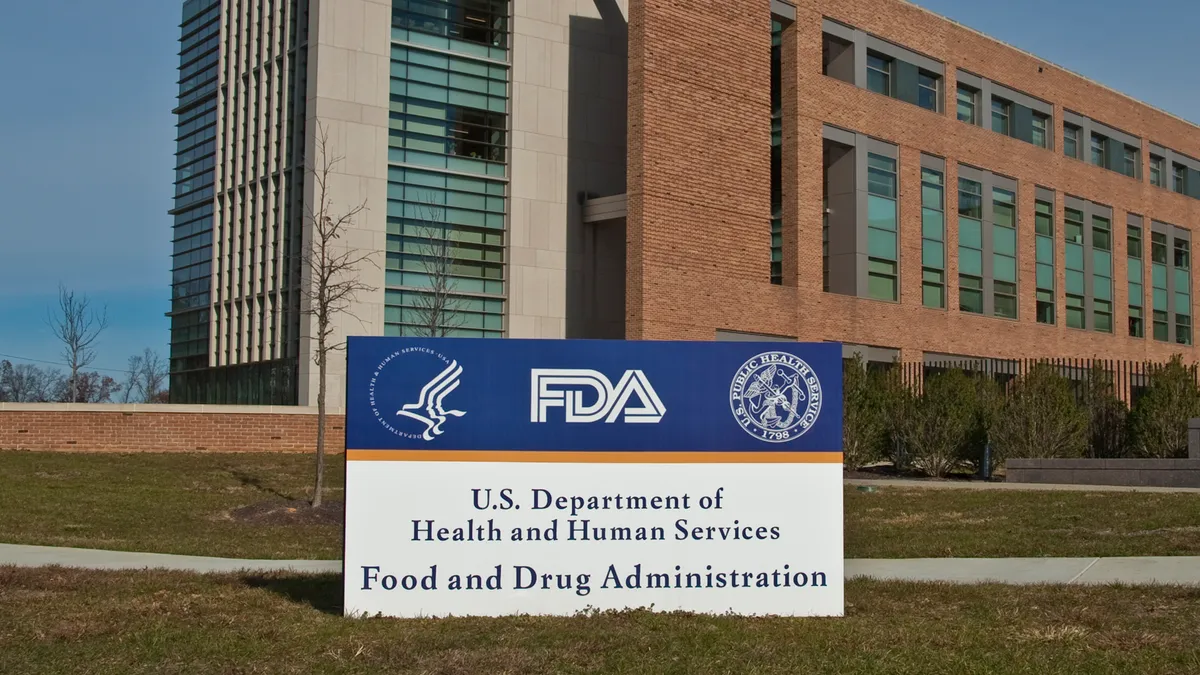Dive Brief:
- Cook Medical has recalled three models of a balloon catheter used for leg angioplasty procedures after receiving multiple complaints of balloons bursting below the device's rated burst pressure.
- FDA said there was a high occurrence rate associated with the problem but no reports of death or injury. However, the issue has the potential to cause adverse events including procedure delay, additional intervention, vessel injury, balloon fragmentation in the patient, or death, prompting the Class I recall.
- The device recalled is Cook's Advance Enforcer 35 Focal-Force PTA balloon catheter. Twelve lot numbers were recalled. The catheters were manufactured from Oct. 3 to Dec. 17, 2018, and distributed from Oct. 29, 2018, to March 21, 2019.
Dive Insight:
Cook's Advance Enforcer balloon catheter is used to open blocked or narrowed arteries that supply blood to the peripheral arteries, including iliac, renal, popliteal, infrapopliteal, femoral and iliofemoral.
The recall comes less than a year after the Bloomington, Indiana-based medical device maker resolved an FDA warning letter criticizing its quality management system. In the 2014 warning letter, FDA inspectors cited the privately held company for failing to establish a verifiable manufacturing process or procedures for investigating nonconforming products. Cook resolved the warning letter in September 2018 after overhauling its quality procedures.
The company conducted a series of recalls in 2015 and 2016, triggered by reports of catheter tips splitting and fracturing. Cook removed all of its catheters with Beacon Tip technology from the market at the time, and reintroduced the products in 2018.
Cook initiated the latest recall involving balloon catheters on May 24, asking customers in an urgent field safety notice to examine their inventories for the devices, quarantine any affected products and return them to the company.
In the U.S, the catheters were distributed in Florida, Ohio and Washington, FDA said. Worldwide, the devices also were distributed in Belgium, Denmark, Finland, Germany, Italy, Netherlands, Norway, Poland, South Africa, Spain, Sweden, Switzerland, United Arab Emirates and the United Kingdom.
FDA said a total of 238 devices across the 12 lot numbers affected by the recall were in commerce, with 33 in the U.S.










